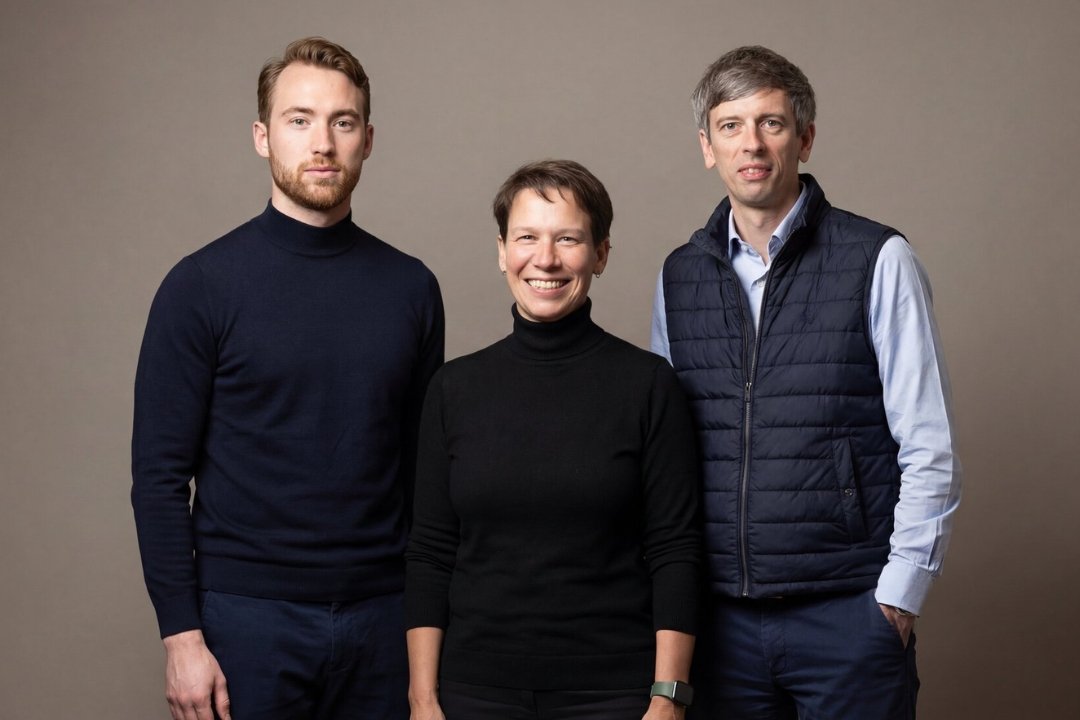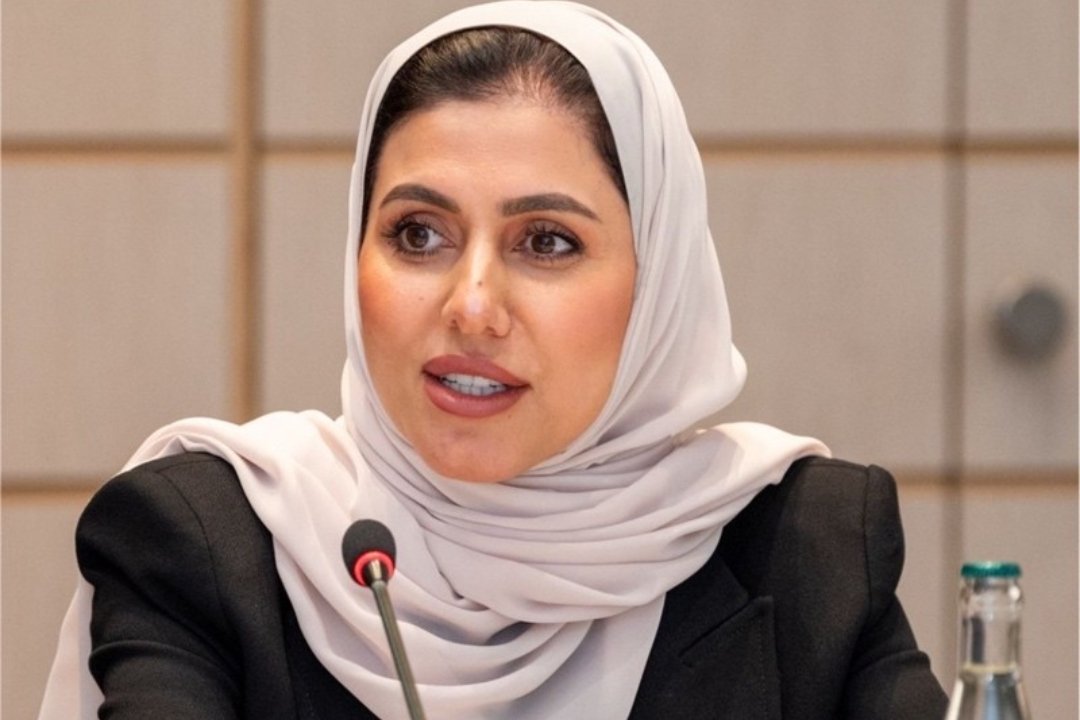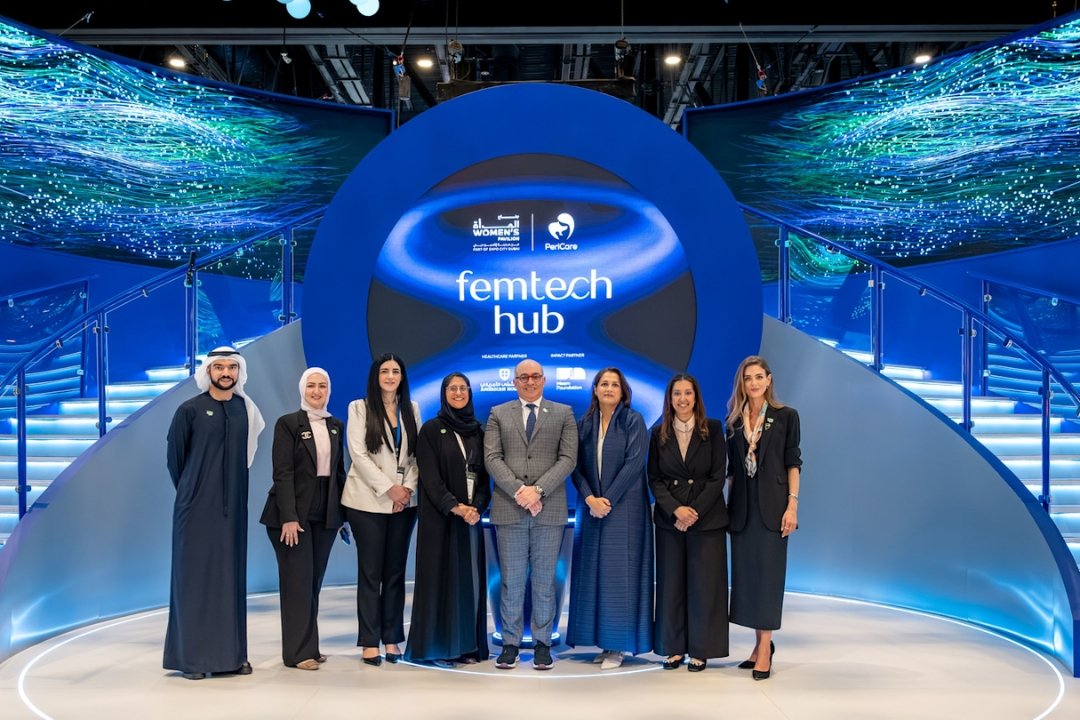
In a bid to address a significant labor shortage in specialized sectors, Germany has recently revamped its visa regulations for skilled workers. The country is on the lookout for approximately 400,000 skilled professionals annually to fill gaps in fields such as engineering, information technology (IT), and healthcare.
Introducing the Opportunity Card
A key component of this initiative is the new ‘Opportunity Card.’ Starting from June 1, 2024, this visa scheme permits non-European Union (EU) citizens to relocate to Germany for a year to seek employment opportunities. The Opportunity Card is designed to attract talented individuals from around the world, particularly in sectors where Germany faces acute shortages.
Eligibility Criteria for the Opportunity Card
To be eligible for the Opportunity Card, applicants must meet several criteria. They need to have completed at least two years of vocational training or hold a relevant university degree from their home country. Additionally, proficiency in either German or English is a must. Prospective applicants must also prove that they have sufficient financial resources or income from a part-time job to support their stay in Germany for a year, amounting to over 12,000 Euro.
Enhanced Flexibility and Extended Permits
The new regulations also bring greater flexibility for skilled workers. The previously existing 18-month residence permit for completing adaptation measures has been extended to 24 months for first-time issuances. This permit can be extended for an additional 12 months, allowing a maximum stay of three years. Furthermore, the allowance for secondary employment during the qualification period has been increased from 10 to 20 hours per week. This change is aimed at helping skilled workers integrate more easily into the German labor market.
Streamlined Qualification Recognition
Germany has also simplified the process for recognizing foreign qualifications through the updated Skilled Immigration Act. This act introduces two new pathways for assessing the equivalence of foreign qualifications. Individuals whose qualifications require a skills analysis can be granted a residence permit for up to six months to complete this process. To qualify, applicants need to demonstrate German language proficiency at level A2 or higher according to the Common European Framework of Reference for Languages (CEFR).
Simplified Requirements for Family Members
The new rules also ease the requirements for family members of skilled workers. Spouses or minor children moving to Germany to join certain skilled workers will no longer need to provide proof of sufficient living space. This change aims to make it easier for families to reunite and support each other in their new environment.
Germany’s updated visa regulations represent a significant step towards attracting and retaining skilled talent from around the world. By addressing the labor shortages in critical sectors and simplifying the immigration process, the country aims to strengthen its workforce and continue its economic growth.










